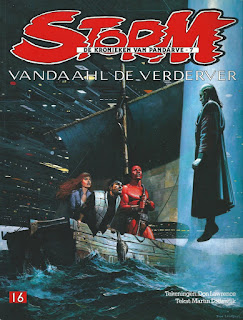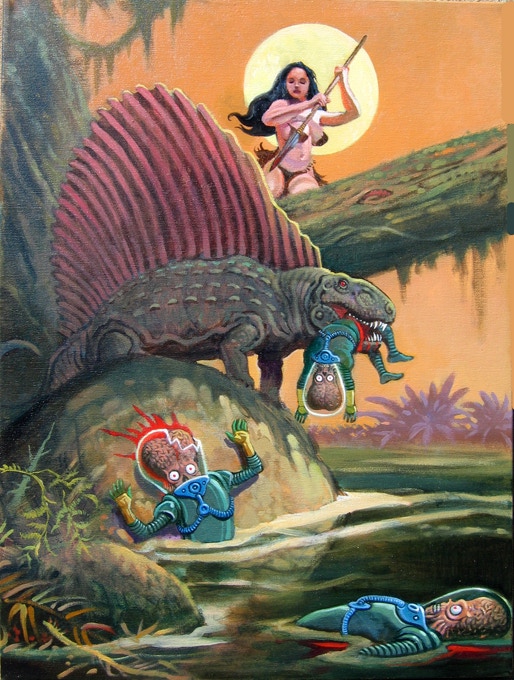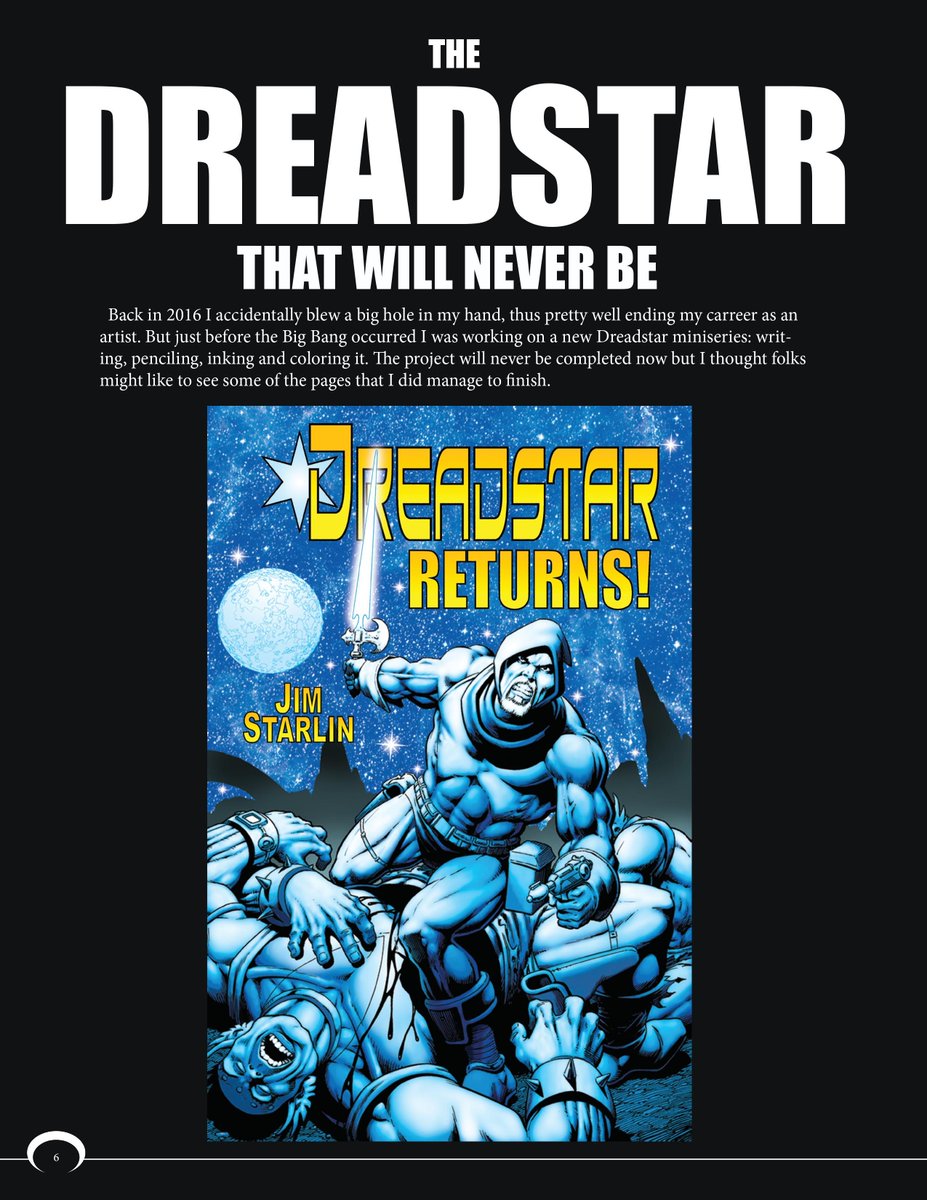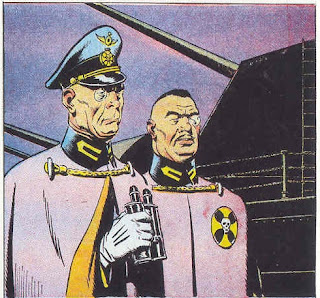In 1993, TSR took a second stab at the Buck Rogers license. Their first attempt,
Buck Rogers XXVc apparently failed to find an audience. If anything, their second seems to have fared worse judging by the fact it has an even lower profile. Contrary to what many might assume based on its lack of success, it's actually not a bad rules lite sort of system.
Where
Buck Rogers XXVc tried to update the then 60 year-old property,
High Adventure Cliffhangers goes back to Nowlan's 1928 novel (
Armageddon 2419 A.D.) and particularly the comic strip that ran from 1929 to 1967. For those unfamiliar with the mythos, it tells the story of Buck (Anthony in the original novella) Rogers, who is put in suspended animation by some weird mine gas and awakens in a 25th Century where a Red Mongol Empire emerged from the Gobi to conquer North America. Driven from the ruined cities, the Americans formed "orgs" to fight a protracted insurgency. Despite its earthbound origins, the comic strip soon gets into space travel and peace is eventually made with the emperor of the "Airlords of the Han" so that villainy can shift to other worlds. (This story likely inspired the Yellow Peril and Red Scare
Star Trek episode "Omega Glory," and perhaps the Klingons as "Space Mongols," and is at least prefigured if not inspired by Edgar Rice Burroughs'
The Moon Men, which was originally titled
Under A Red Flag.)
The game makes use of a lot of Dick Calkins’ work from early days of the comic strip. Combined with the subject matter and the technology presented, it gives the setting a very retro feel, in contrast with
XXVc.
The system, however, features a relatively hot new thing (in 1993) in game design: the dice pool. After all,
Ghostbusters had only pioneered those sorts of mechanics in 1986.
HAC uses six siders exclusively. The dice rolls are totaled and compared against a target number. Dice pools are capped at 8. It also makes use of "exploding 6s."
Like TSR's
Marvel Super-Heroes ability scores have descriptive names, ranging from OK, to Good, Better, and Best. Each of these translates to a number of dice to be rolled for actions. The abilities (Strength, Aim, Brains, and Health) each have associated skills, though the list is not particularly large.
In combat, the heroes always get initiative, though situational factors may alter that. There are no hit points or other damage metrics. Instead, a successful hit calls for a Health roll, with failure meaning a character is out of commission, the duration varying with the means of attack. Deadly attacks require a second Health check on failure of the first, a Mortality Roll, with failure meaning death.
Combat uses maps, minis, and Action Points to quantify actions. It's not really as tactical as it sounds; it is certainly less detailed than 3e. Rather, it seems an 80s relic, like a less detailed version of the FASA Star Trek AP system.
Characters may spend experience points (or chips, because it uses poker chips to represent them) to add die to rolls. NPCs can also spend Experience Chips for a last minute escape.
Overall, the game seems to have been intended for those new to rpgs. Presumably, it was aimed at all these fans of a 60+ year-old property lurking out there waiting to start roleplaying. Even its map-based combat seems less wargamey than catering to presumed boardgame comfort and familiarity. Overall though, it is a system with a bit a charm, and probably could be fun for any pulpy-type setting.










.png/revision/latest?cb=20161201234356)













































